“She who possesses a hundred husbands” is the translation of the name of a tonic herb Shatavari that I frequently prescribe in my clinic. No prizes for guessing its main use!
Even though it can be effective, it’s not the only way to boost that flagging libido. It’s a common misconception – or I’d go as far as calling it a myth – of menopause and perimenopause (the years leading up to menopause), that libido spirals downwards and there’s not much that can be done about it.
Sadly, this is often the case for younger women too. Research suggests that between 30-50 per cent of women experience sexual dysfunction. Complaints include low sexual desire, difficulties with arousal and problems with orgasm as well as the complexities of the “mechanics” of sex such as pain and dryness. The reasons for these issues are varied but there are solutions that can lead to even more pleasure than in your younger years.
It’s not just about hormones
Sure, hormonal changes can influence libido, but other physical, emotional and psycho-social aspects play a role. Overall wellbeing and vitality needs to be at optimal levels for a healthy libido.
Are you simply too tired?
Is the fatigue related to an underlying medical condition that needs investigating? Or are you doing too much and not taking time out for yourself?
This is possibly another myth of womanhood that we must always be busy and wearing our superwomen capes all the time. Most of my patients need to be reminded to stop and breathe! I mean taking deliberate deep breaths, even for a few minutes a day, to start creating more balance between ‘being’ and ‘doing’ in our busy lives.
Are you content with yourself, your life and your relationships?
Emotional wellbeing is paramount to libido. Relationship dynamics can be damaging to desire as conflicts, resentment, guilt and other emotions can become a barrier that stops you from having a satisfying intimate connection. In some cases you might benefit from professional help to resolve those issues.
Are you comfortable with your body?
Many women who come to see me are not happy with the body changes they are experiencing especially as they approach menopause. This influences their self-confidence and can dampen libido. Love the body you have, don’t focus on any perceived flaws and don’t compare yourself to the touched up images of celebrities and models that abound in the media. Resist the pressure to conform to the idea that our appearance is in constant need of improvement. I support the growing movement of body positive activists encouraging women to appreciate themselves in whatever body they are in during all stages of life.
The need for technical changes
Painful intercourse can be a definite barrier to a healthy libido and this may need to be medically investigated. It could be due to vaginal dryness, and an application of hormonal or herbal creams may be necessary. For others, a good lube (natural and petrochemical-free) could be the answer.
Look at this as a time of sexual reawakening and exploration. Accept that changes in technique and allowing more time for arousal is important. Some women are in a stage of life with less family commitments where they can devote more time to their own pleasure, so enjoy it! A bonus is a patient partner willing to join you in this time of development of new methods of arousal and/or make time for exploration of new solo pleasures. The term “use it or lose it” is apt here. Increasing circulation/activity to this area of the body is essential with or without a partner. There are health benefits to having at least a weekly orgasm.
Experiencing that pleasure will do wonders for your sense of wellbeing plus one of the other benefits for all women is the release of hormones from the brain including endorphins, those ‘feel good’ and pain-relieving hormones. So these increase mood, decrease stress and can relieve pain (who needs paracetamol!). In older women orgasms are even more essential as they help prevent vaginal atrophy where oestrogen decline causes the vagina to lose some of its elasticity and natural lubrication.
Other causes
Many medications can have adverse effects on libido. These include hypotensives, antidepressants (especially SSRIs) and, in some cases, oral contraceptive pills. Depression and anxiety can also be detrimental to libido and unfortunately the pharmaceutical medications prescribed to treat these conditions can be a contributing factor so be sure to talk with your health care practitioner about this.
Treatments to consider
There are many herbal medicines and nutritional supplements available that can be useful in increasing energy and regaining a sense of vitality. Eating regularly and sensibly is crucial.
Adding Maca powder, the Peruvian plant with positive effects on sexual function and energy, can be a beneficial addition to your morning smoothie. Studies have also shown it to be useful in alleviating SSRI-induced sexual dysfunction.
Asparagus racemosus, or Shatavari, the aphrodisiac herb already mentioned, balances hormones and increases vaginal mucus. It is one of many herbal tonics that increase energy and wellbeing.
Naturopaths and herbalists focus especially on adrenal/kidney health as we age because the adrenals need to take over some of the work of the retiring ovaries. In oriental medicine “kidneys” govern sexual vitality so adrenal and kidney herbs are often prescribed. These alleviate fatigue and assist the body’s ability to cope with stress.
Improving overall quality of life is the key. Libido is a measure of vitality and anything that increases your vital force will help. Manage and minimise stress, focus on healthy eating, find an exercise you are motivated to do, address any relationship and/or self esteem issues and seek professional help if needed.



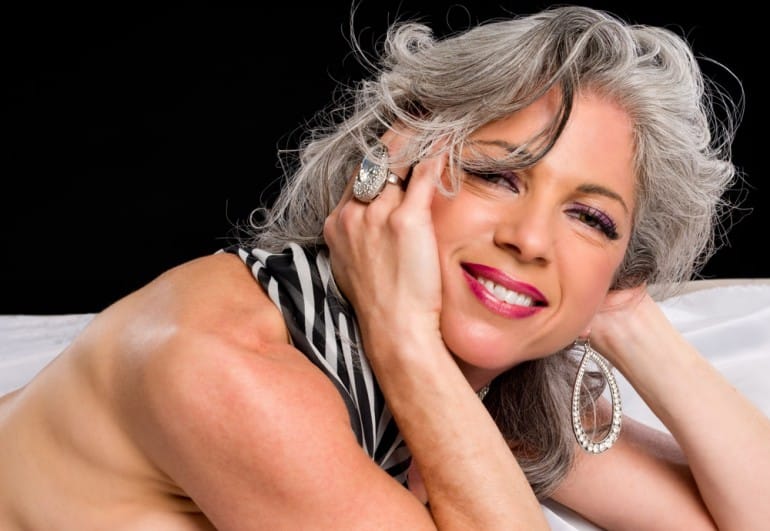
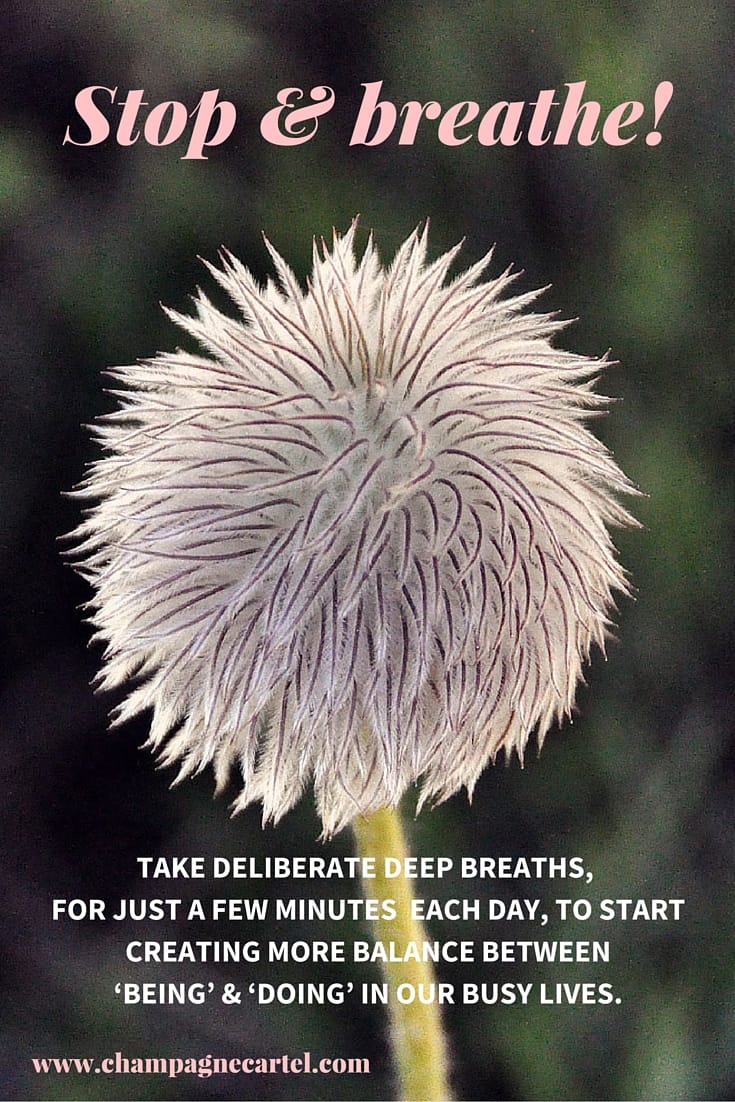

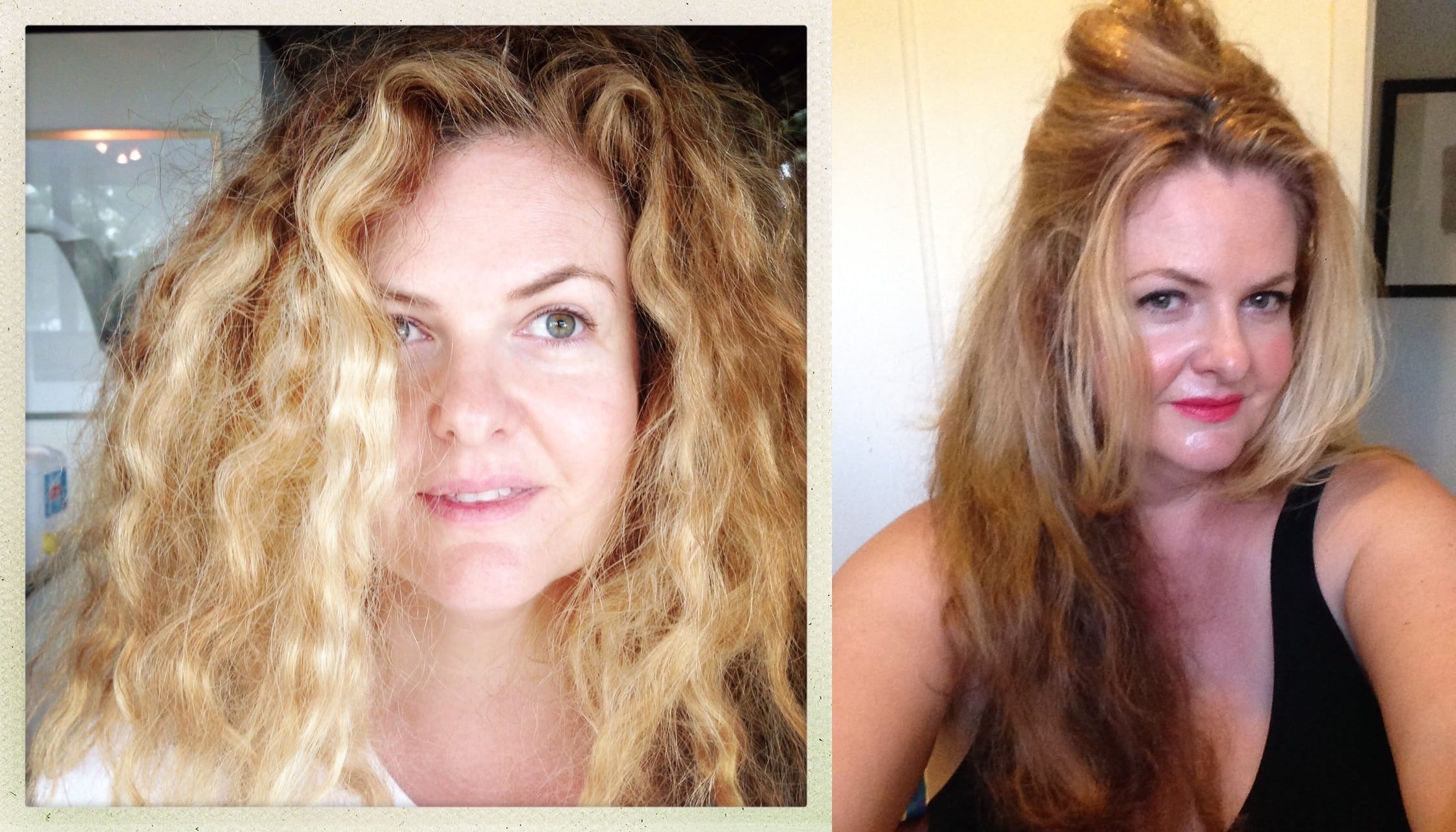
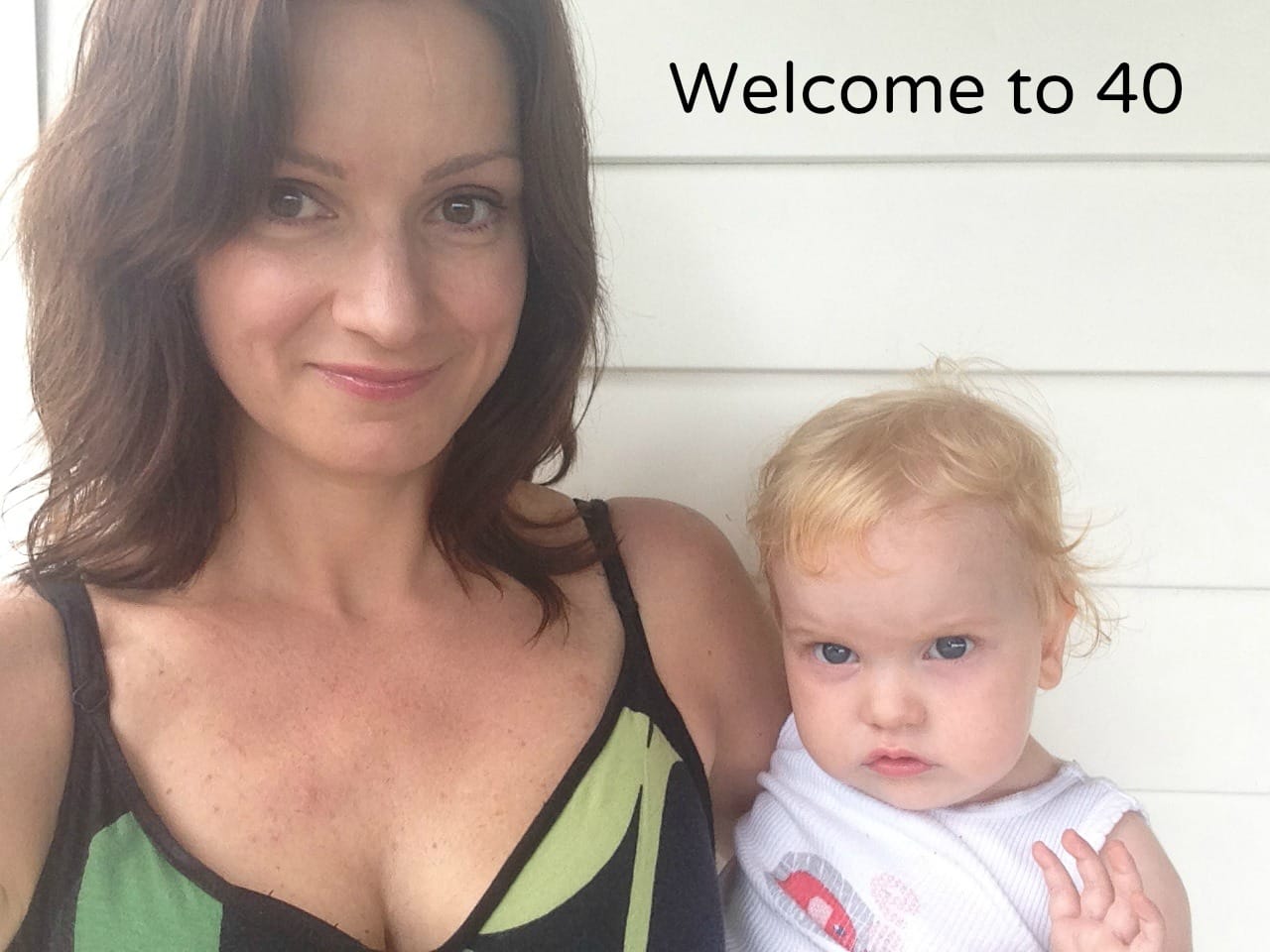
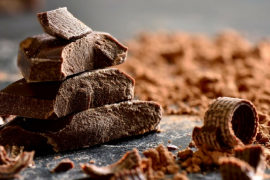



This is a great read. I persisted with painful sex for years until I discovered that the reason for the pain and discomfort was changes to my body due to premature menopause. HRT has made a huge impact on my sex life – no more pain! I can also highly recommend L-Gel for lube 🙂
Thanks for sharing that Renee. In your case your hormones were the culprit. It’s great you found a solution that is working for you!
There is a terrific book “Where did my libido go” by Rosie King, that all couples should read when low libido strikes. It is the most balanced and compassionate piece I have seen on this subject.
Having had my ovaries taken out as a treatment option for hormone positive Breast cancer, I did a lot of research before hand.
It’s true what they say, if you don’t use it you lose it! After a particular “dry” spell my vagina HURT. And it wasn’t even being used!!
I can’t use hormonal cream or remedies because hormone positive BC. I used replens regularly and the relief was welcome.
Now that I’m not having a “dry” spell ? everything is functioning as it should be! Yay!!!
Vicky, I know losing ovaries causes a dramatic shift in the hormonal balance. It’s great that everything is functioning now! ?